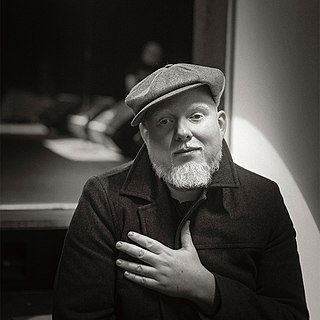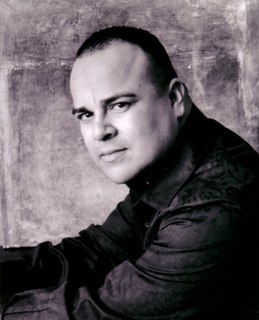A Quote by Howard Dean
I think the media is very much like the inside-the-Beltway crowd. They're not average Americans themselves. They're under a lot of pressure from editors and publishers.
Related Quotes
When you talk about the security and safety of average Americans it doesn't do average Americans a lot of good to expand America's military footprint if the daily lives of average Americans are being undermined by the fact that we're no longer able to compete in a global economy. I think that's the kind of human security we have to pay more attention to.
To find something comparable, you have to go back 500 years to the printing press, the birth of mass media – which, incidentally, is what really destroyed the old world of kings and aristocracies. Technology is shifting power away from the editors, the publishers, the establishment, the media elite. Now it’s the people who are taking control.
Stick on this that Donald Trump as the outsider doesn't know what's going on. That the inside-the-Beltway culture is special and it's so unique and it's so tiny that nobody that's not part of it could ever, ever function. Nobody who's not in the establishment could possibly understand it. So they have an arrogance that leads to a condescension against people, which leads the inside-the-Beltway, the establishment, both parties, to think of Trump as no different than his voters, a bumpkin idiot.
Media gatekeepers - editors, publishers, film studios and the like - need to begin investing in talent behind the scenes, developing and resourcing marginalized voices to tell their own stories. At the end of the day, it's about the story and what will enable the audience to truly see, understand, and know the life and times of the subject.
There are a lot of polls that show that actually Americans have a pretty high opinion of teachers, that Americans think teachers are just about as prestigious as doctors. And yet there's this political conversation - this reform conversation - that paints a very negative picture of the effectiveness of the teaching population. So there's definitely a tension between the way teaching is talked about and understood at the political level and how everyday average Americans think about teachers.
I do think we have a food problem. In 2006, which is the year for which we have the latest data, 35.5 million Americans were food insecure. That means there are 35.5 million Americans who are so hard up at some point during the year that they didn't know where their next meal was coming from. That's a lot of Americans. They don't get reported very much because there's nothing spectacular about people skipping a meal because they're poor. The media tends to ignore that, just as it ignores the sort of chronic food shortages elsewhere in the world.
A lot of people are not comfortable being apart from the group, from the whole herd, and listening to the inner voice. They just follow what the crowd does and wear what the crowd wears and think what the crowd thinks. They get very caught up in doing what the world says is the cool thing to do and living the way the rest of the world lives. Once we make a decision to break away from that and not be part of the herd anymore - by going inside and finding our own voice - then life just becomes magical.
Today there are a huge number of think tanks working on poverty-related issues; there are books written on the topic; and university centers being created to study poverty. But, at the same time, the media has a terribly hard time with this issue; it's very hard to convince editors and publishers to devote resources to complex investigations of the lives of America's poor. And, as a result, too often poverty is portrayed in stereotypes, in sound bites, in a few pat images rather than in its full Technicolor complexity and diversity.


































